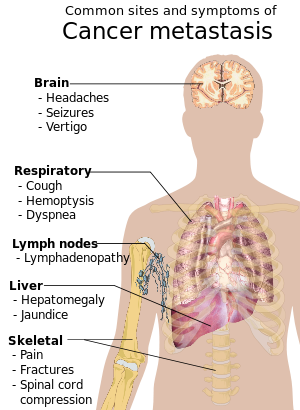GENEVA: The World Health Organisation warned on Wednesday that millions of blood tests conducted every year to diagnose tuberculosis are unreliable and putting patients' lives in danger.
"Based on the evidence, (these) tests lead to misdiagnosis and mistreatment of patients. They are a waste of time and resources," Mario Raviglione, director of the WHO Stop TB Department, told reporters.
"We are calling on governments to ban the use of these tests."
An estimated two million such diagnostics, which look for antibodies or antigens in the blood, are used every year, and up to half of them could give false results, Karin Weyer, who works for the same department, said.
She warned that companies which continued to sell these diagnostic tools would be knowingly selling a faulty product.
"This is now a matter of public record," she said, adding however that the WHO did not know how many deaths resulted from these unreliable tests, which started being released in the 1990s.
They are mostly manufactured by companies based in the developed world, including Australia, Britain, Canada, France, Germany, Italy and the United States, but also in emerging giants China and India.
A list of companies pinpointed by the WHO includes US-based Mossman Associates, French group Anda Biologicals and British firm Omega Diagnostics.
"They cost the poor and vulnerable $10 to $30. And yet more often than not, the results are wrong," Raviglione said.
Other types of diagnostics, which cost between $16 and $28 give more reliable results, Raviglione said.
One of the reasons these tests are in the market is because of lack of regulations, Weyer explained.
"It's a multi-million dollar business centred on selling substandard tests with unreliable results.
"The market for these products is not in Europe or the US, but in developing countries.
"These companies just ship (the tests) to developing countries with weak or no regulatory framework," concluded Weyer.
According to the WHO website, there are some 9.4 million new cases of active TB and 1.7 million people who are killed by the transmissible disease every year.
- AFP/al
Taken from ChannelNewsAsia.com; source article is below:
WHO calls for ban on 'unreliable' TB blood tests













